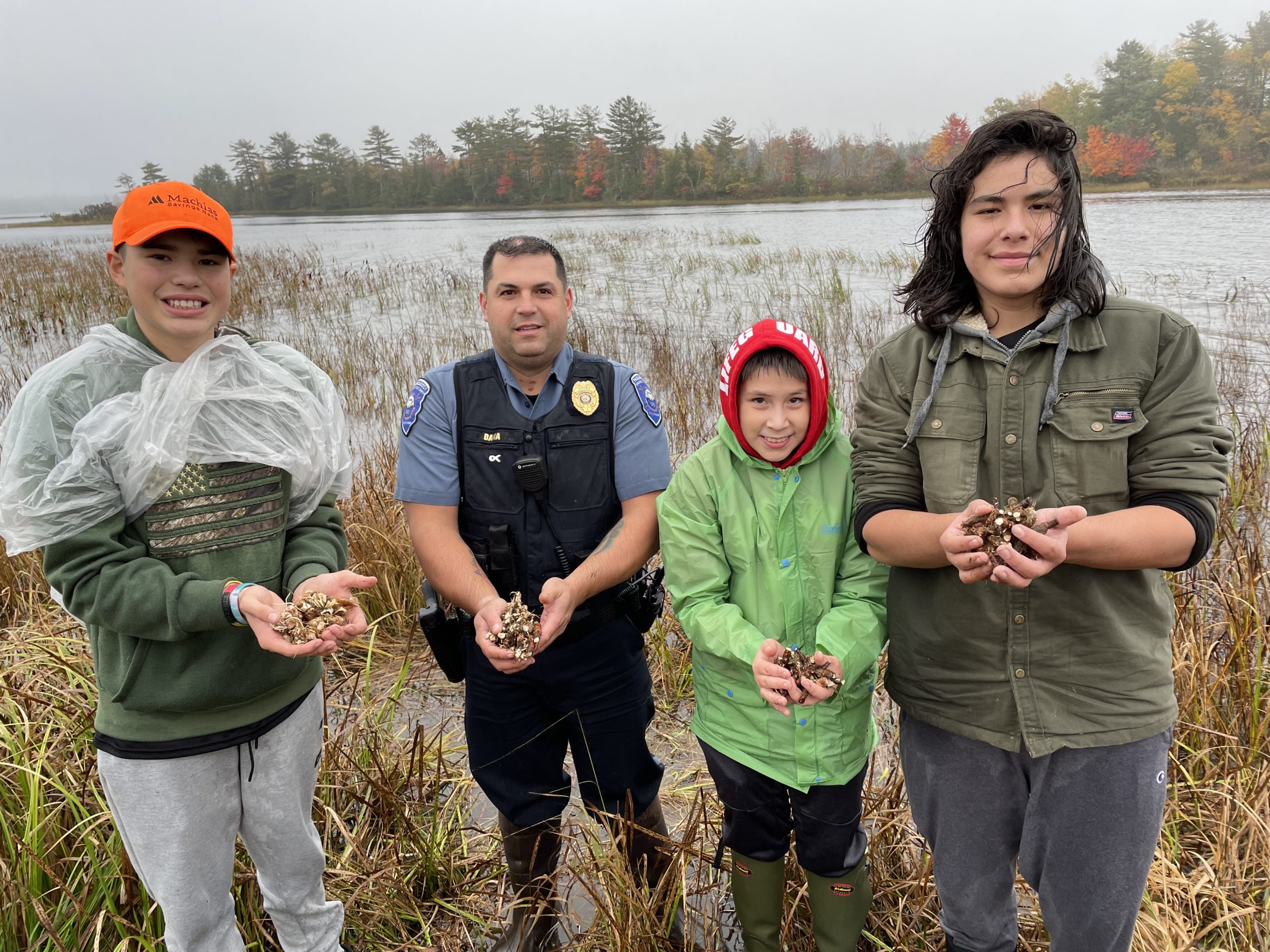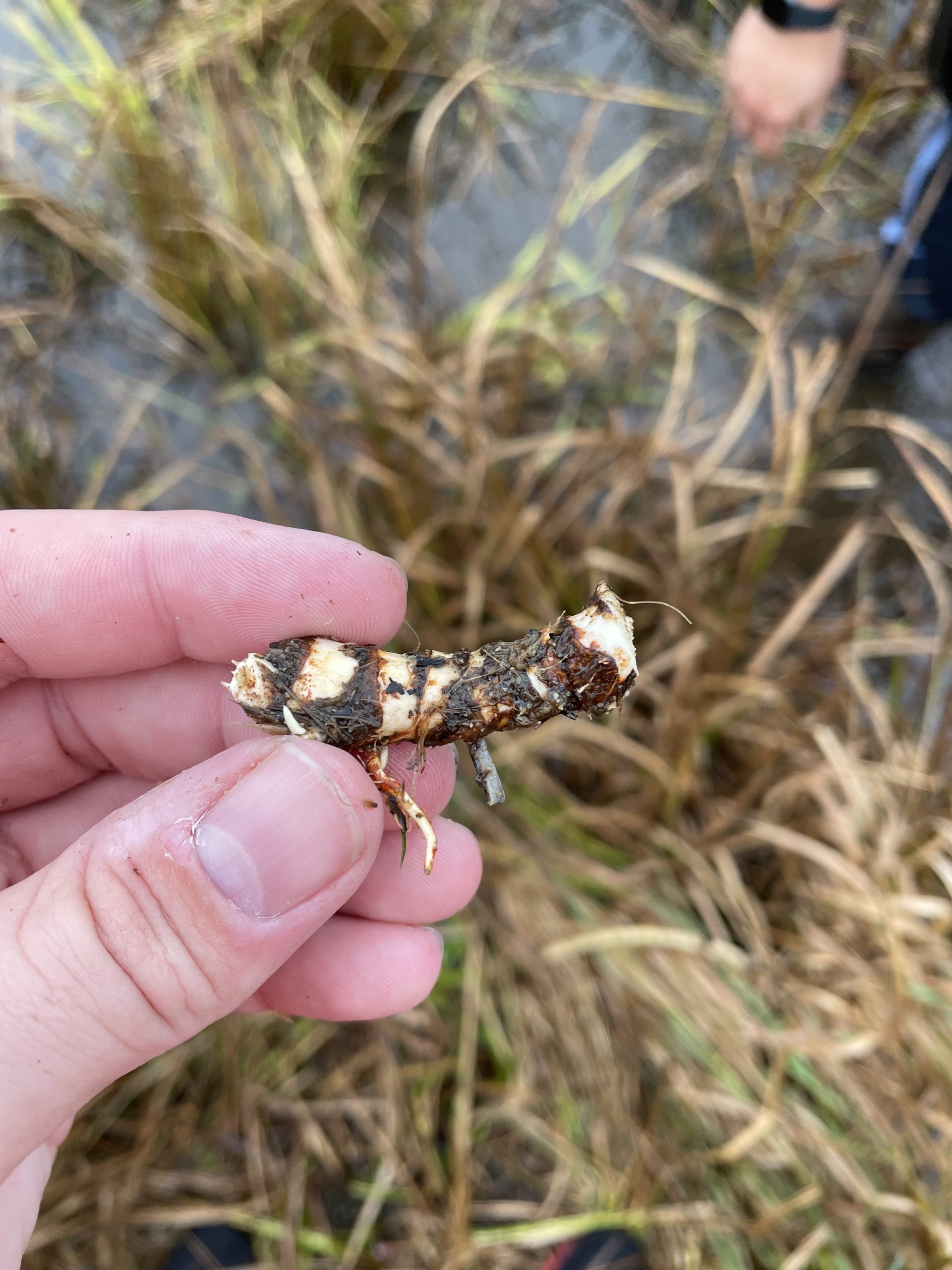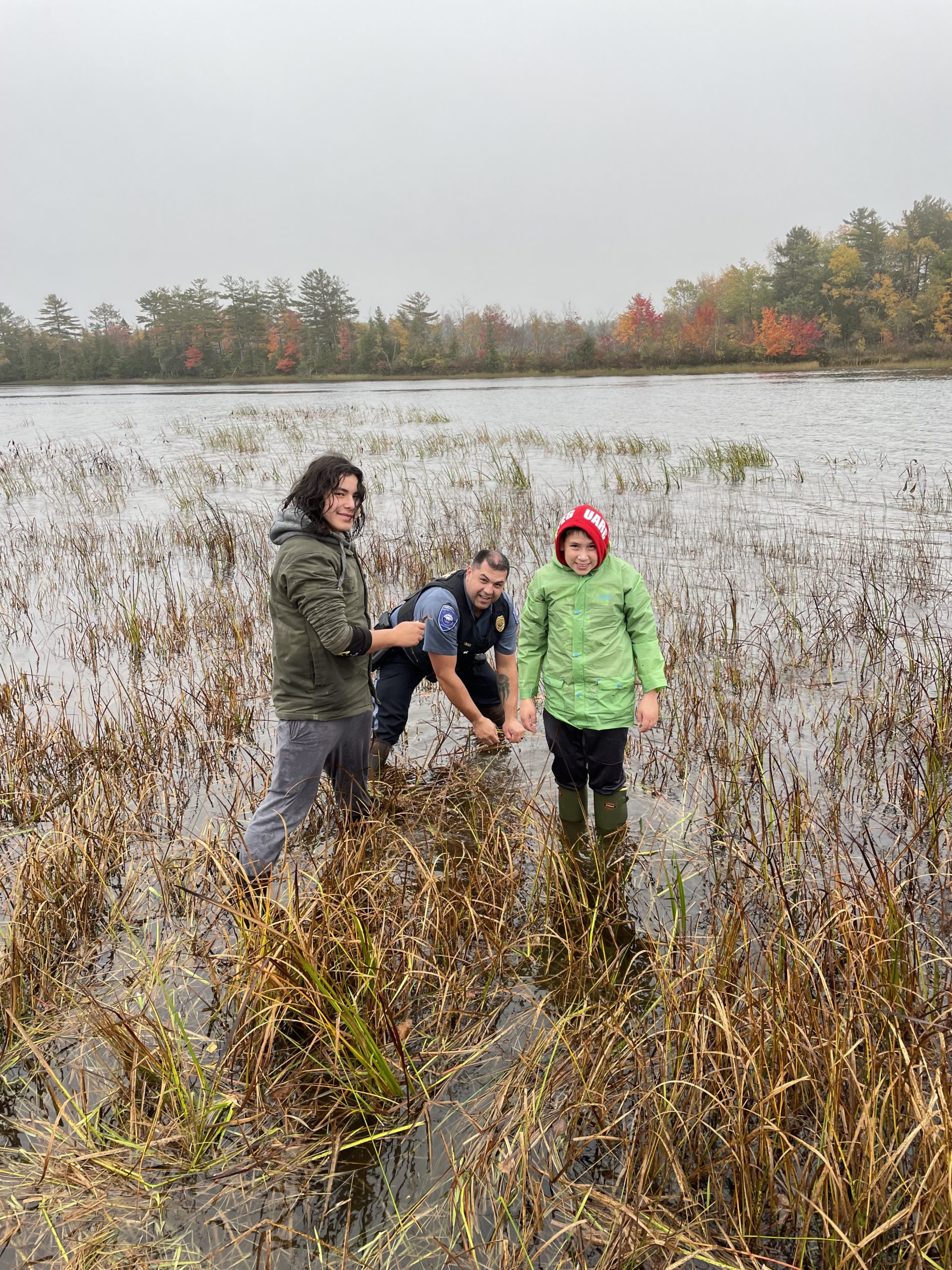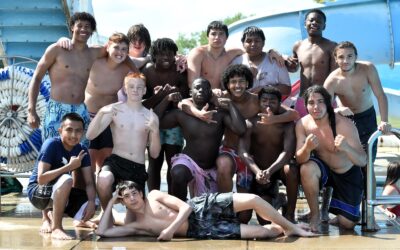
Did you know there are 326 Native American reservations in the United States? Within these sanctuaries across our country, residents face many difficult challenges, which impacts the quality of their lives. As the weather turns cold, it becomes more difficult for them to live off the land and stay healthy, so the fall season brings a sense of urgency to many who work hard to prepare for the winter. Just before the temperatures drop, they routinely gather various plants and minerals in nature to make medicine or tools. They use these to help nourish their bodies, and care for their family members who must stay indoors where it’s safe and warm.
As the Camp Vohokase Director, I had the chance recently to visit the Passamaquoddy Tribe in Indian Township, Maine. I traveled there to visit the four young men who are freshmen in our outdoor leadership program, Camp Vohokase. One key component of the camp is our quarterly hometown visits, where we gain a better sense of where they come from, the challenges they face, and how we can help these campers build relationships with other community members. This allows us to help them progress on their leadership journey.

To instill a sense of service in these young men, we encouraged them to take part in a lost tradition, which is delivering flag root to the elderly. Flag root is a medicinal plant picked after the first frost each year. It’s used to make a tea that has significant benefits for those with throat illnesses.
The four young men were all-hands-on deck when they learned about the old community tradition! They threw on their mud boots and rain gear and headed to the shoreline of the reservation to dig in the wet soils until they each had a hand full of the root to deliver. They delivered the perennial to many houses on the reservation. It brought one of the elderly women to tears for the sole fact the young men were bringing back a lost tradition.

The project helped the boys gain a sense of achievement! They now understand the sacrifice that is critical in their community to put the needs of their elders first. Simple tasks like this help them bring back a supportive and collaborative culture…one that was lost for many years. It also illustrates exceptional leadership ability, which is one of the pillars of the Vohokase program. It’s a trait we hope to instill in these young men for a lifetime to come.
We owe a great deal of thanks to Matt and Nakia Dana, who helped us plan the visit and suggested we pick flag root as a service project. With caring and generous folks like the Dana family, we can continue to take young people out of their everyday environments and provide them with unique opportunities that ignite their passion, purpose, and motivation to succeed.
Brandon Ervin


